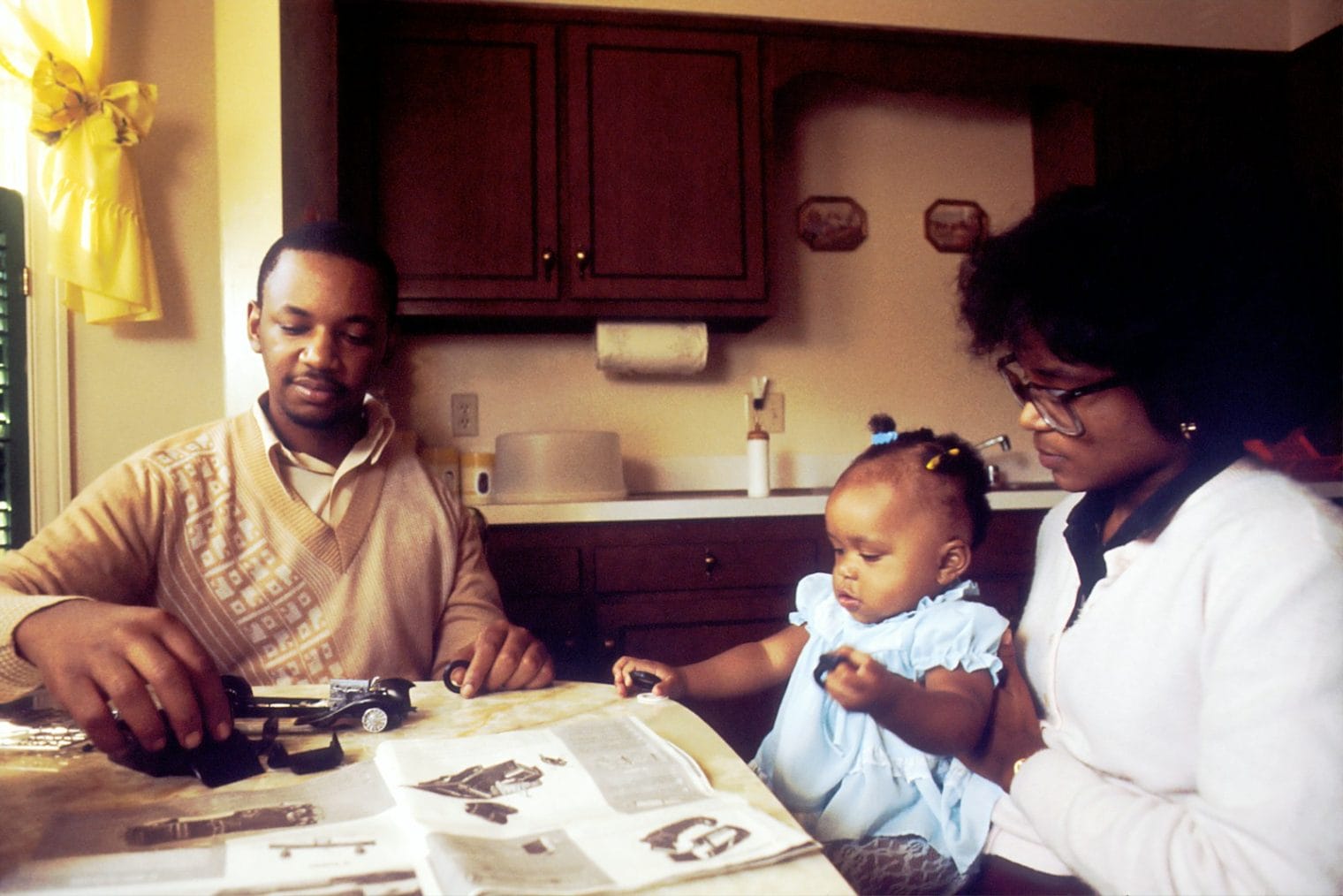Your cart is currently empty!

Acceptance Commitment Therapy
Acceptance and Commitment Training is a blend of cognitive behavioral therapy, mindfulness, and ABA theories of verbal behavior that emphasizes acceptance of one’s thoughts, feelings, and experiences as a normal part of the human experience instead of trying to get rid of them. . ACT therapists ask their clients to identify their values and help them to change their behavior based on whether it moves them closer to or further away from their values. This way, the client can maintain a consistent path towards what truly makes them happy, whether or not they feel like they can.
Mindfulness, values-based behavior, and cognitive defusion (separating the thoughts one is having from their self-concept) help achieve this.
ACT helps individuals align their values with their actions and develop psychological flexibility.
ACT aims to help individuals live meaningful and fulfilling life while managing difficult emotions and thoughts.
Responses to “Acceptance Commitment Therapy”
F1lqM0RYU0N
5CdvY889yqk
5IOlisk2iFA
QZgM9YK30gj
Touched by what you read? Join the conversation!
-

Learning Differences In Asian Students
Studies have shown that learning differences are as common among Asians as they are among other countries. Between 5% and 9% of the general population is impacted while approximately 6.3% of Chinese children live with ADHD, nearly 1% live with autism, and 11.32% of Indians, 26.2% of Indonesian, 2.49% of Pakistani, and 7.7% of Japanese children live with ADHD.…
-

Applied Behavior Analysis (ABA)
Applied Behavior Analysis, or ABA, is the scientific foundation of the FBA. ABA is primarily concerned with assessing behavior in the context of the event that immediately precedes it (antecedent) and its consequence, which is the event that occurs following the behavior. By analyzing the relationship between antecedent, behavior, and consequence (ABC), clinicians are able…
-

Disparities In Access To Behavioral Healthcare
Social-emotional and behavioral health services are not widely available to the general public, and there is a critical shortage of behavioral healthcare providers. For example, as it stands, the behavioral health workforce needs to double in order to serve autistic children in need. People with low income, Asians, Pacific Islanders, BIPOC, and those living in…
Read more >> about Disparities In Access To Behavioral Healthcare




Leave a Reply